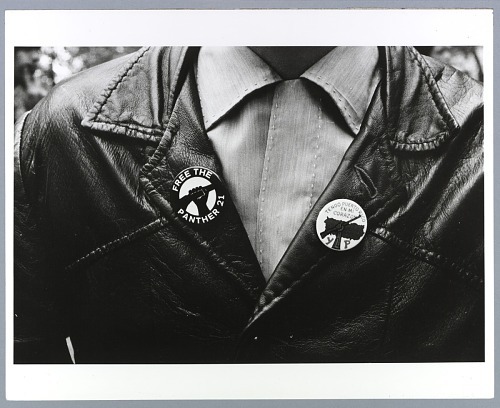About The Young Lords
The Young Lords started out as a Chicago street gang. In the late 1960s, their leader, Jose Cha Cha Jimenez, was inspired by the work of Black Panther leader Fred Hampton and others to turn the Young Lords into “the Puerto Rican counterpart of the Black Panther Party.” Soon after, a chapter of the Young Lords was established in New York. Many of its members were not only first-generation college students but young teenagers (ages 14-17) and young community activists whose families had emigrated from Puerto Rico. They were the glue that held the family together usually helping their Spanish-speaking parents navigate schools, welfare offices, and other bureaucracies. Johanna Fernandez, an assistant professor at Baruch College who wrote the book called The Young Lords: A Radical History, says “they understood that there was this thing called power and inequality and that they were on the losing end.”
Because they’d served as an interlocutor for their parents, these young activists learned the necessary skills to become excellent communicators and negotiators. They put those skills to work, organizing neighborhoods, leading marches, pressuring officials, and getting media coverage on the inequalities they faced daily. Some of their biggest campaigns were:
- A “garbage offensive” to clean up East Harlem which was riddled with unsanitary conditions while getting the city to improve trash pickup.
- A takeover of Lincoln Hospital in the Bronx to “implement a drug program that would serve the community effectively and be run by the community.”
- The occupation of a church in East Harlem as a request to use the space for a breakfast program for the community’s families. Later known as “The People’s Church”.
- 13-Point Program and Platform. Through this, the Young Lords separated themselves from previous nationalist groups, who often had sexist and homophobic ideals, by becoming one of the first to oppose machismo, racism, capitalism, and violence and support education, socialism, community control and liberation for all.
As sensible as they were, though, the Young Lords Movement was firmly rooted in a radical understanding of the structural reasons and “root causes for social problems” like poverty and unemployment. The Young Lords, says Fernandez, “tapped into the anger that existed in the streets, gave it organizational form, explained the origins of the crisis, … and put forth a vision of a new society.”
